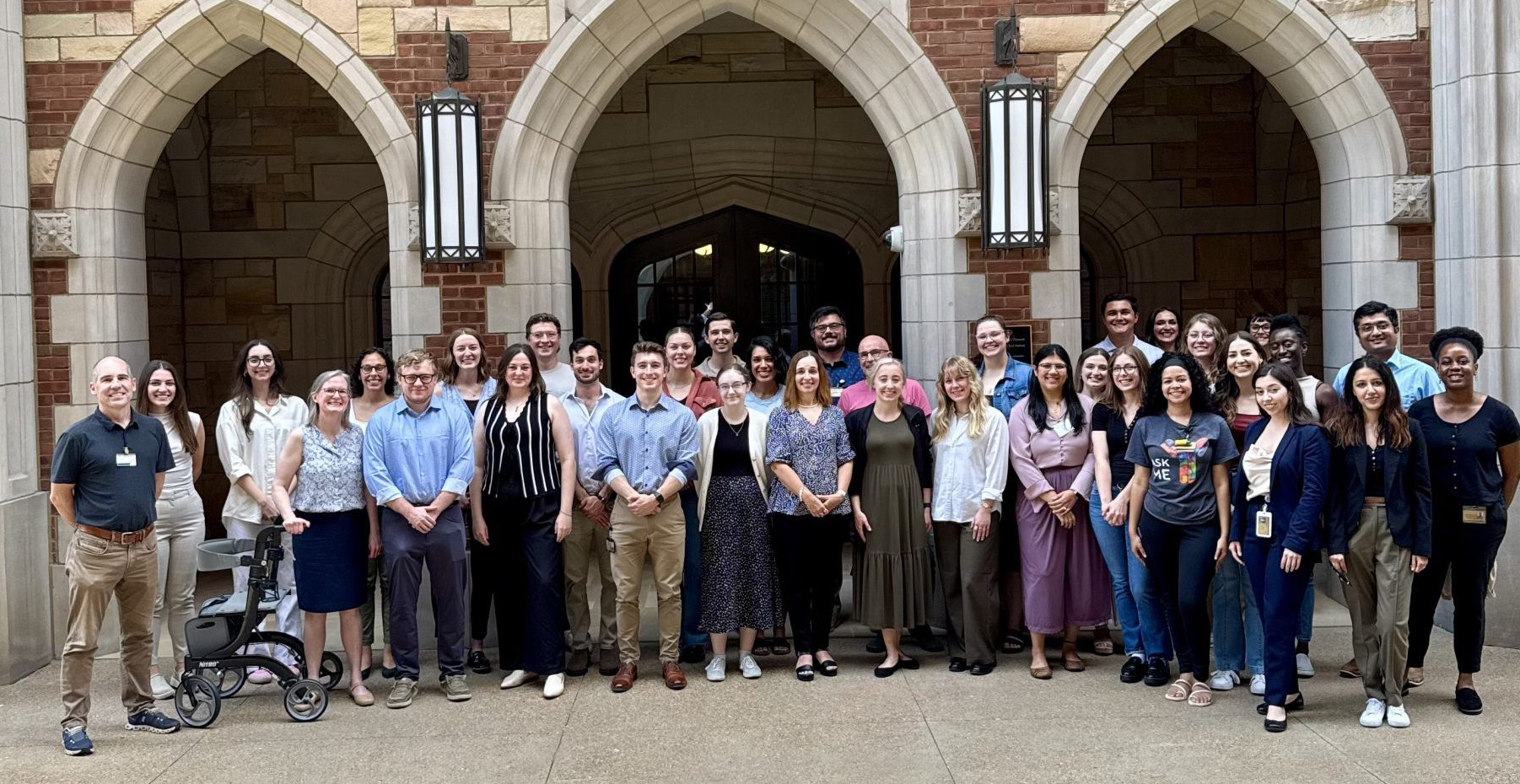Overview
Due to the complex nature of most common human disease and the rapidly expanding molecular insights and novel technologies that can be applied to their prevention or cure, significant breakthroughs in revealing fundamental pathophysiology have required interdisciplinary collaboration between clinicians and scientists. We believe that future advances in biomedical research will be highly dependent on exceptional investigators with rigorous training in basic science, knowledge of clinical medicine, and the background for interacting effectively with clinicians. However, with the rapid advances in genomic information and the increasing detail of molecular systems, current graduate training programs have placed little focus on the applied aspects of biomedical research and interactions with clinicians.
In 2010 Vanderbilt University Medical Center received a 4-year grant from the Howard Hughes Medical Institute, to develop a new training mechanism for graduate students to get exposure to clinical sciences and translational research. Thus the HHMI/VUMC Certificate Program in Molecular Medicine (CPMM) was established, and over time, and with support from the Vanderbilt Clinical and Translational Scientist Development Program (CTSD), expanded to include postdoctoral fellows also. With the end of the HHMI funding in 2014, the CPMM was renamed as The Vanderbilt Program in Molecular Medicine (VPMM).
This program offers flexibility for each trainee to pursue a training pathway that allows for optimal integration of thesis/postdoctoral work with important clinical, disease-based areas. Trainees participate in relevant didactic and experiential courses, seminars and individual experiences, under supervision of a clinical mentor and a basic science mentor. Utilizing this innovative, personalized approach, the VPMM aims to train a new generation of Ph.D. biomedical researchers with the skills necessary for understanding and developing breakthroughs in clinical research fields. Graduates of this program will be instilled with a life-long approach to coupling basic science research with clinical problems.
Vanderbilt University School of Medicine is an ideal environment for this unique program. Biomedical research at Vanderbilt has long been recognized for its contributions to the advancement of medicine.
- Vanderbilt University Medical Center’s NIH-funded Clinical and Translational Science Award has been a driving force to bring basic and clinical researchers together and has provided pilot grants, educational resources, and biostatistical and informatics support essential for taking a good idea from the laboratory to the clinic and into the community.
- Another important precept at Vanderbilt is the development of broad institutional core research platforms for translational research, and the imperative for advances in personalized medicine. Examples of the core research platforms include:
- BioVU, an innovative DNA biobank that links DNA from patient samples collected as part of routine care that are destined to be discarded, with an otherwise complete version of the electronic medical record from which all patient identifiers have been removed.
- An unparalleled proteomics facility, capable of development of new technologies as well as direct applications.
- State of the art imaging facilities shared with the Department of Biomedical Engineering.
- A high throughput small molecule screening facility competitive with technologies employed by pharmaceutical companies.
